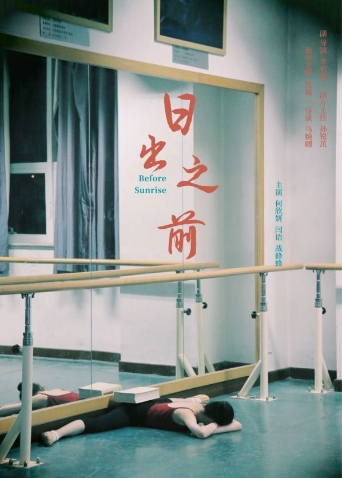剧情简介
亚洲区
亚洲区

回复 :胡金銓導演曾於康城影展獲獎,1978年被英國《國際電影指南》選為世界五大導演。此部抗日戰爭片,為胡氏1964年自編自導自演的首部作品,於1966年金馬獎獲最佳編劇、最佳剪輯(姜興隆)及最佳發揚民族精神特別獎,被評為「寫中華兒女的愛國熱誠,演導活潑,內容很有深度」。故事描寫二次世界大戰期間,國人奮起抗日的事蹟;除胡氏粉墨登場外,主要演員還包括樂蒂、陳厚、夏儀秋及陳燕燕。
回复 :铁男(涩川清彦 饰)对外宣称自己是一名独立片导演,实际上出道这么多年能拿的出手的作品只有一部。平日里,他靠着导演的身份潜规则那些想要成名的女演员,四处骗吃骗喝,做导演的初心早已经淹没在了声色犬马的颓废生活之中。某日,铁男面试了一位名叫小南(冈野真也 饰)的新人女演员,这位看上去羞涩保守的女孩,在训练之时却爆发出了惊人的演技。像往常一样,铁男想要潜规则小南,但遭到了后者的强烈拒绝,之后,小南离开了铁男,加入了著名商业片导演门下,一举成名。受到小南的影响,铁男决定开足马力拍出好电影证明自己,一直暗恋着铁男的副导演阿守(细田义彦 饰)为了帮助铁男实现梦想,被卷入了黑道的纷争之中。
回复 ::电影《A V偶像》是一部讲述的是梦想成为偶像歌手韩国泡菜店少女逐步变成日本AV偶像女演员过程的性喜剧电影。除了吕敏静外,日本A.V女士辰巳唯也受邀出演。这部电影是由日本情欲戏巨匠城定秀夫导演和韩国电影公司携手打造的电影作品,电影已经于今年一月份完成所有拍摄工作,并于7月 26日正式上映。

